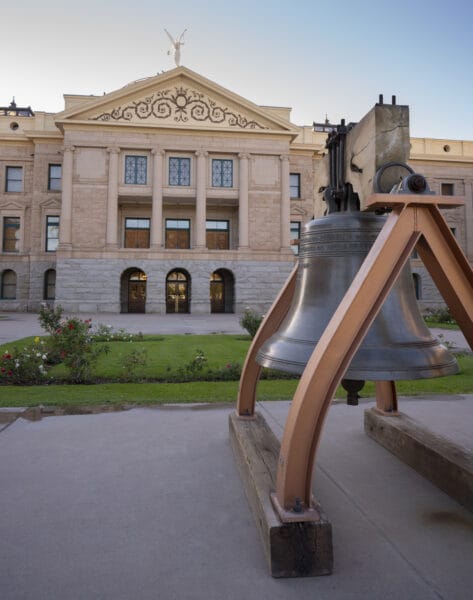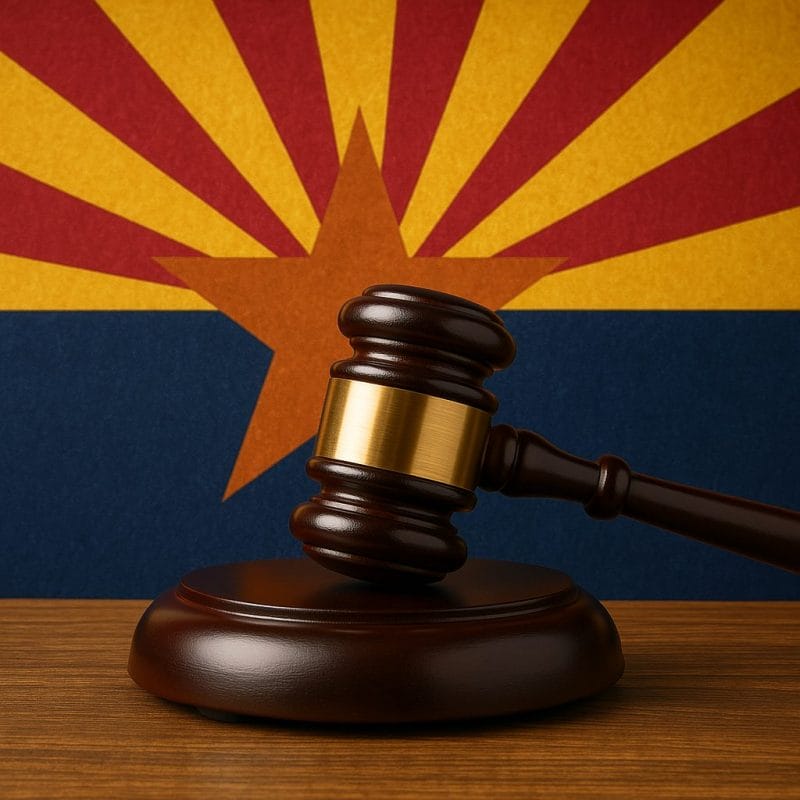
By Debra Cassens Weiss | ABA Journal
A federal appeals court has reversed an injunction that allowed schools to pay college athletes up to $5,000 per year in deferred compensation, saying the lower court decision was based on “threadbare evidence.”
The decision (PDF) on Wednesday by the San Francisco-based 9th U.S. Circuit Court of Appeals reverses an August 2014 injunction by U.S. District Judge Claudia Wilken of Oakland, California, who found that the NCAA’s amateurism rules were an unlawful restraint of trade.
The panel decision, written by Judge Jay Bybee, agreed that the NCAA’s amateurism rules are subject to antitrust scrutiny, but said Wilken erred when she allowed cash compensation. The district judge had “ignored that not paying student athletes is precisely what makes them amateurs,” Bybee said.
Comment by Rose Law Group Employment Lawyer David Weissman:
“The Ninth Circuit’s ruling in the O’Bannon case represents yet another significant victory for the NCAA in the various legal battles currently seeking to expand rights for student-athletes. For example, last month the National Labor Relations Board (NLRB) essentially reversed a regional NLRB director’s earlier decision that football players at Northwestern University were employees with a right to form a union.
“Still, while the Ninth Circuit’s ruling that student-athletes may not receive cash compensation beyond the cost of attendance (reversing a federal district court’s ruling allowing student-athletes to receive up to $5,000) is a win for the NCAA, these legal actions nonetheless have resulted in greater benefits for student-athletes. The ‘cost of attendance’ at a university, for example, is typically more than just a traditional scholarship and may include payment for some travel and other expenses. Also, some schools have provided four-year guarantees for scholarships, increased stipends and enhanced medical benefits.
“As the war over these issues continues – as it most certainly will – the only thing that is apparent, as the NLRB stated in its ruling, is that the question of student-athletes’ rights ‘does not have an obvious answer.’ “







